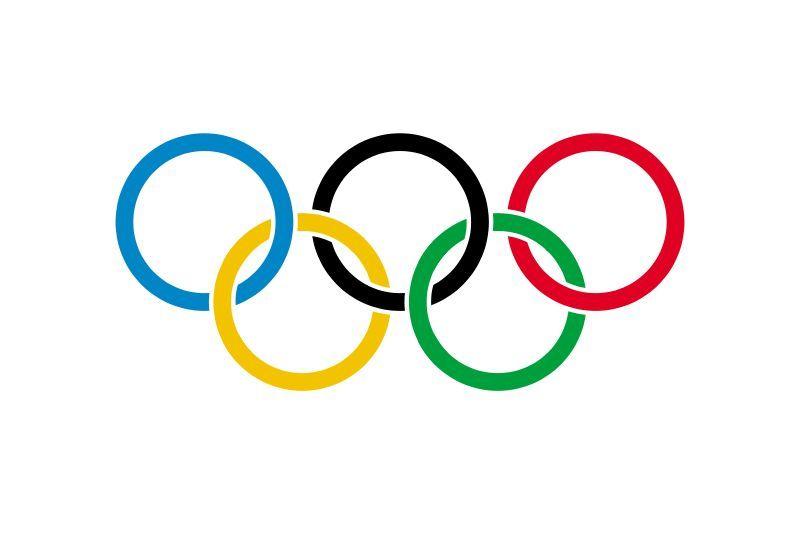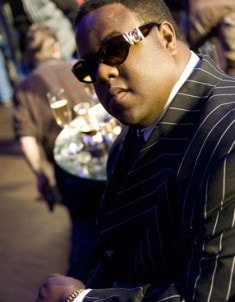کمیته بین المللی المپیک
International Olympic Committee
The International Olympic Committee (IOC) was formed in 1896 to govern the organization and development of what were understood to be a modern version of the Greek Olympic Games. Its first president was Dimitros Vikelas, a Greek, and its secretary was Frenchman Pierre de Coubertin. De Coubertin’s energy and his vision have been the true inspiration behind the modern Olympic movement.
The IOC has effectively governed the Olympic movement for over 100 years. However, that period of time has seen many conflicts and controversies within the IOC and in the Olympic movement as a whole. At first, the main obstacle de Coubertin faced to creating an international Olympic movement was the lack of organization of sport internationally. Early sports organizations-most of them amateur-had trouble organizing their own sports and leagues nationally. As a result, cooperating with the IOC internationally was an extreme challenge.
In the early years, de Coubertin’s own vision for the Games dictated much of the IOC’s policies and procedures. His prejudices also influenced the movement. For example, de Coubertin was adamant in his rejection of female athletes’ participation in the Games. An embodiment of Victorian ideals and prejudices, de Coubertin thought women’s place was in the home, and bearing and raising children. Indeed, he thought of women’s competition as unnatural, immoral, and “indecent.” As a result of de Coubertin’s powerful position within the IOC, it would take many years to have women participating in any significant way.
The IOC has always claimed a “hands-off” approach to political struggles and controversies surrounding the Games. Claiming, now for over 100 years, that the IOC is not a political organization, and that sport in its purest sense (one represented best by the IOC, of course) is inherently nonpolitical, the IOC has always had trouble answering critics who point out obvious exceptions to the claim. At the simplest level, the act of competing under national flags-something the IOC encourages-is a political event. At a higher political level, the Olympic Games have been used for political demonstration through boycotts, and the Olympic movement was probably the most visible means of symbolically fighting the Cold War.
The post-World War II years were lean ones for the Olympic movement. The IOC and hosting cities and nations often had trouble breaking even. At its worst, the Games went into great financial debt, most notoriously in the Summer Games in Montreal in 1976. However, since that time, the Games have taken a more “market friendly” approach, encouraging private sponsorship and negotiating massive television contracts with networks around the world, especially those in the U.S.A. As a result, the IOC is a much more financially solvent organization than it was a few decades ago. However, it is not clear that the IOC is following its founder’s original plan for the movement. After all, de Coubertin was a pure amateur at heart. The current commercially oriented Olympics would make de Coubertin concerned, to say the least.
inspiration
a person, experience, place etc that gives you new ideas for something you do
The seascapes of Cape Cod were her inspiration.
inspiration for/behind
He was the inspiration for Wordsworth’s poem ‘The Old Huntsman’.
—
controversy
a serious argument about something that involves many people and continues for a long time
a political controversythe
controversy surrounding Skinner’s theories
cause/provoke/arouse controversy
The judges’ decision provoked controversy.
controversy over/about
the controversy over campaign-finance issues
Controversy arose (=began) over the use of the chemicals on fruit and vegetables.
Another Source
(a) fierce argument or disagreement about something, esp. one that is carried on in public over a long period:
The lie detector tests have been the subject of much controversy.
recent controversies surrounding his appointment to the Cabinet
the controversy about his illicit affairs
the new leader tried to avoid controversy
—
adamant
determined not to change your opinion or a decision that you have made
She begged me to change my mind, but I remained adamant .
adamant that
Michael Jackson is adamant that he will not tour this year.
we told him not to resign, but he remained adamant
Another Source
(of a person or behavior) firm and immovable in purpose or opinion:
I tried to talk her out of it, but she was adamant.
He was (completely) adamant that they should go.
—
embodiment
someone or something that represents, includes, or is very typical of something:
ᅳsynonym epitome
The new factory is the embodiment of the very latest ideas.
He is the embodiment of evil. (=is evil itself)
she is the embodiment of virtue
—
prejudice
an unreasonable dislike and distrust of people who are different from you in some way, especially because of their race, sex, religion etc – used to show disapproval
Women still face prejudice in the workplace.
It takes a long time to overcome these kinds of prejudices.
prejudice against
a cultural prejudice against fat people
racial/sexual prejudice
Asian pupils complained of racial prejudice at the school.
prejudice against those of a different race or religion.
a prejudice against modern art.
Another Source
(an) unfair and often unfavorable feeling or opinion formed without thinking deeply and clearly or without enough knowledge, and sometimes resulting from fear or distrust of ideas different from one’s own:
They accused him of having a prejudice against his women employees. | A judge must be free from prejudice.
—
bear
▶BABY◀
formal
to give birth to a baby
She might never be able to bear children.
bear somebody a child/son/daughter
She bore him three sons.
She bore/has borne three children.
She bore him a daughter. (=he was the father)
a woman of child-bearing age
childbearing age/years
if a woman is of childbearing age or in her childbearing years, she is of an age when it is physically possible for her to have babies
—
immoral
morally wrong
ᅳsee also amoral
Deliberately making people suffer is immoral.
It’s immoral to be rich while people are starving and homeless.
—
indecent
1
something that is indecent is shocking and offensive, usually because it involves sex or shows parts of the body that are usually covered
He was found guilty of possessing indecent photographs of young boys. You can’t go out in that dress – it’s positively indecent!
2
completely unacceptable
The funeral formalities were performed with almost indecent haste .
Another Source
1 morally offensive, esp. sexually improper:
an indecent remark/joke
2 infml not reasonable; not suitable (in amount or quality):
You’ve given us an indecent amount of work to do. (=too much)
He left with indecent haste. (=too fast)
—
significant
—
hands-off
a hands-off way of organizing something involves letting people do what they want and make their
own decisions, without telling them what to do
a hands-off style of management
The government has a hands-off approach to the industry.
they follow a hands-off policy in the affairs of other countries.
—
lean
a lean period is a very difficult time because there is not enough money, business etc
His wife was a source of constant support during the lean years .
—
notorious
famous or well-known for something bad
ᅳsynonym infamousa
notorious computer hacker
notorious cases of human rights abuses
notorious for
a judge notorious for his cruelty and corruption
ᅳnotoriously adverb
Statistics can be notoriously unreliable.
The program is notoriously difficult to learn.
—
solvent
having enough money to pay your debts
ᅳopposite insolvent
stay/remain/keep solvent
I don’t know how we managed to remain solvent.
—
at heart
really; in fact:
He seems friendly, but he’s just a ruthless businessman at heart.
He may be a working class boy at heart, but his lifestyle has been transformed.
Let’s face it, we’re all romantics at heart.









